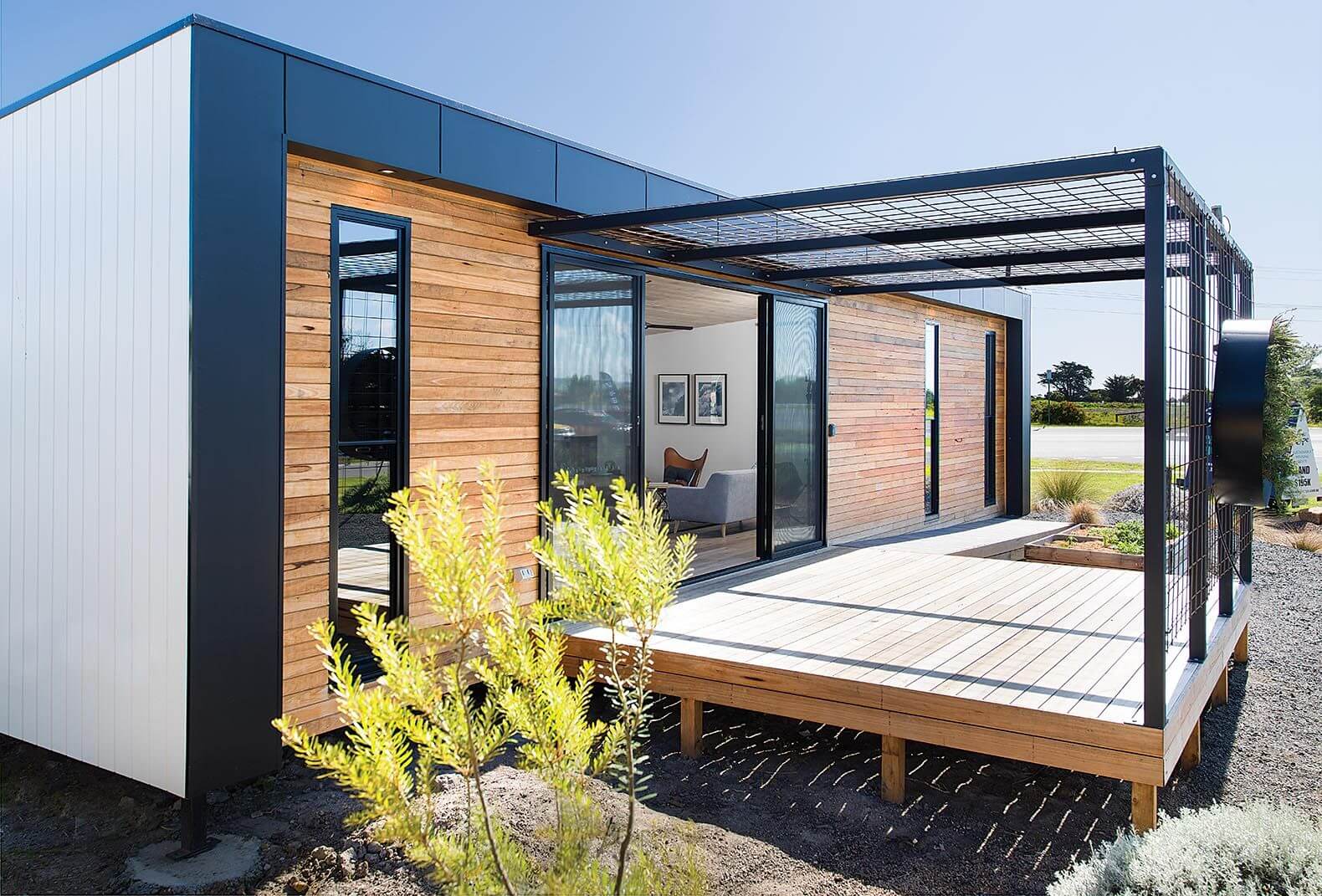Introduction to Prefab Houses
Prefab houses, short for prefabricated homes, are a modern solution to the traditional construction process. These homes are built off-site in a controlled environment and then assembled on-site, offering numerous advantages over conventional methods. Prefab homes are gaining popularity due to their efficiency, cost-effectiveness, and sustainability. In this article, we will delve into the key aspects of prefab houses, highlighting why they are becoming the future of housing.
Cost-Effectiveness and Time Efficiency
One of the most significant advantages of prefab houses is their cost-effectiveness. Traditional home construction can be expensive, with costs often escalating due to delays, weather conditions, and unexpected issues. In contrast, prefab homes are built in a factory setting, where the process is streamlined, and costs are more predictable. The controlled environment minimizes delays and reduces waste, which can lead to substantial savings for homeowners.
Additionally, prefab houses are time-efficient. The construction of prefab homes can be completed in a matter of weeks, as opposed to the months or even years required for traditional builds. This efficiency is due to the simultaneous work on different sections of the house and the avoidance of weather-related delays. For those looking to move into a new home quickly, prefab houses offer an ideal solution.
Sustainability and Environmental Impact
Prefab houses are also known for their sustainability. The construction process generates less waste compared to traditional methods, as materials are used more efficiently and any excess can be recycled. Furthermore, the energy used in the factory setting is often less than that required on a traditional construction site, reducing the overall carbon footprint of the build.
In addition to the construction phase, prefab houses are often designed with energy efficiency in mind. They can be equipped with eco-friendly features such as solar panels, energy-efficient windows, and insulation that exceeds traditional standards. These features not only reduce the environmental impact but also result in lower utility bills for homeowners, making prefab houses an attractive option for those seeking a greener lifestyle.
Customization and Design Flexibility
Another compelling aspect of prefab houses is the level of customization they offer. Contrary to the misconception that prefab homes are all identical, they can be tailored to meet the specific needs and preferences of the homeowner. From the layout to the materials used, there is a wide range of options available.
Design flexibility is a key feature of modern prefab houses. Whether you prefer a minimalist style or a more traditional look, prefab homes can be designed to reflect your personal taste. Architects and designers work closely with manufacturers to create homes that are both aesthetically pleasing and functional. This customization ensures that prefab houses are not just a temporary housing solution but a permanent and comfortable place to live.
The Future of Prefab Housing
The future of housing is likely to see an increasing shift toward prefab construction. As urbanization continues to rise and the demand for affordable housing grows, prefab houses offer a practical solution. They address many of the challenges faced by the construction industry, such as labor shortages and the need for sustainable building practices.
Moreover, advancements in technology are likely to enhance the quality and design of prefab houses even further. With the integration of smart home systems, prefab houses will continue to evolve, offering homeowners the latest in convenience and efficiency. As society becomes more focused on sustainability and cost-effectiveness, the popularity of prefab houses is expected to soar, making them a significant player in the future of residential construction.
Conclusion: Why Prefab Houses are a Smart Choice
Prefab houses represent a smart choice for modern homeowners. They combine cost-effectiveness, time efficiency, sustainability, and design flexibility in a way that traditional construction methods cannot match. As the housing market continues to evolve, prefab houses are set to become a mainstream option, providing a sustainable and efficient solution for future living.
Investing in a prefab house means investing in the future. Whether you’re looking for a quick build, a customized design, or an eco-friendly home, prefab houses offer a viable option that meets the needs of today’s homeowners. As the benefits of prefab houses become more widely recognized, they are likely to play a pivotal role in shaping the future of housing.

